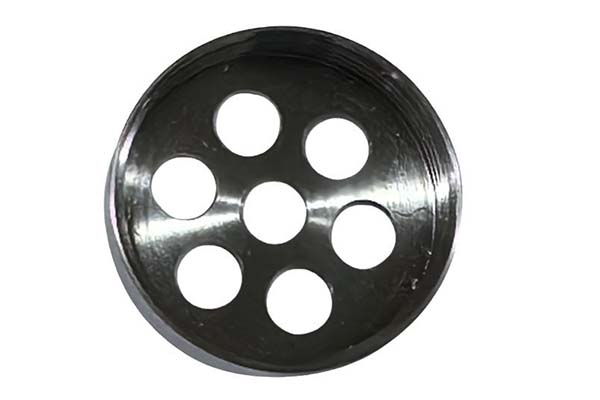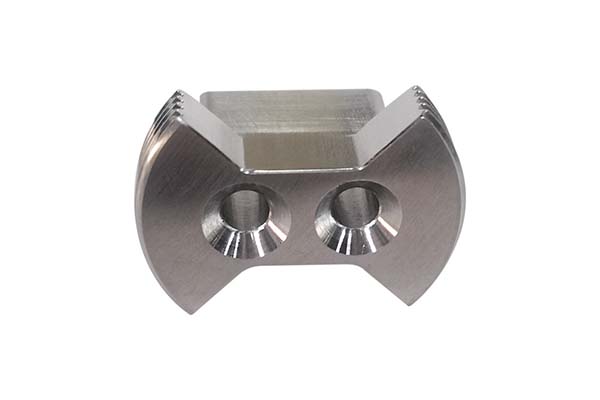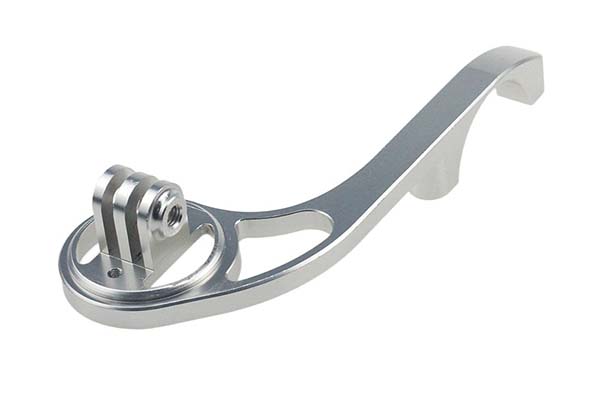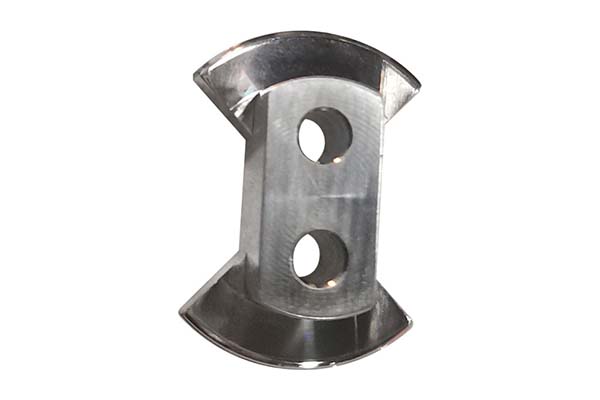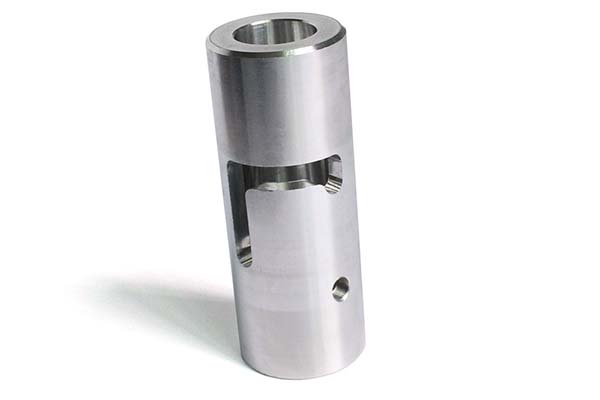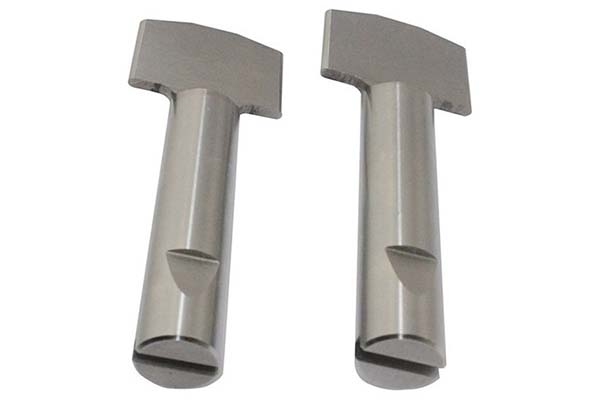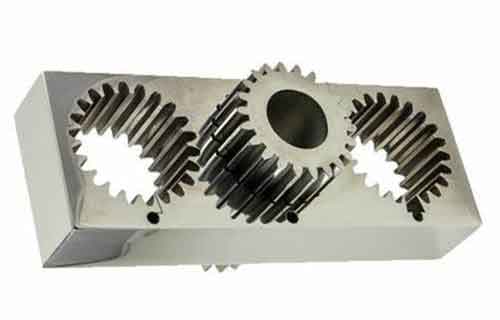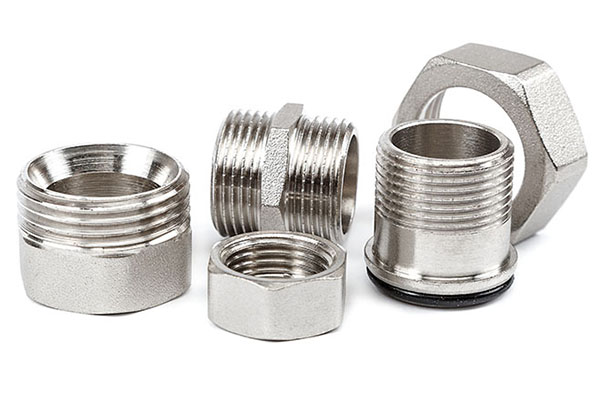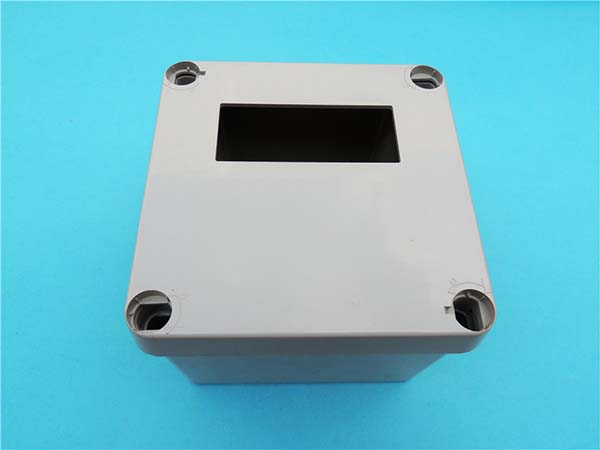When it comes to manufacturing high-performance components, few materials combine versatility and durability like A380 aluminum alloy in its as-cast form. However, many engineers and manufacturers struggle with achieving consistent results in CNC machining these parts. Common challenges include managing porosity from the casting process, selecting the right cutting parameters, and ensuring the final product meets strict dimensional tolerances. This guide addresses these pain points by exploring the unique properties of A380 as cast, best practices in machining, and quality control measures that guarantee reliability across industries.
Understanding A380 Aluminum Alloy: Material Properties That Matter
A380 aluminum alloy is a staple in die casting due to its excellent fluidity and resistance to hot cracking, but its performance in machining depends heavily on understanding its core properties. Let’s break down the key characteristics:
- Mechanical properties: A380 boasts a tensile strength of 310 MPa and a yield strength of 165 MPa, making it ideal for load-bearing components. Its hardness (85 HB) strikes a balance between machinability and structural integrity.
- Thermal properties: With a melting range of 525–615°C, A380 maintains stability under high temperatures, a critical factor in automotive and aerospace applications.
- Corrosion resistance: While not as robust as some stainless steels, A380 offers adequate resistance to atmospheric corrosion, which can be enhanced with surface treatments.
- Density: At 2.7 g/cm³, it is 30% lighter than steel, contributing to fuel efficiency in automotive components and weight reduction in aerospace parts.
A comparison table highlights how A380 outperforms other alloys in key areas:
| Property | A380 As Cast | 6061 T6 | 7075 T6 |
| Tensile Strength | 310 MPa | 310 MPa | 572 MPa |
| Hardness | 85 HB | 95 HB | 150 HB |
| Density | 2.7 g/cm³ | 2.7 g/cm³ | 2.8 g/cm³ |
| Machinability | Excellent | Good | Fair |
The As-Cast Condition: Challenges and Opportunities
The as-cast condition of A380 directly impacts machining outcomes, as the casting process introduces unique microstructural features. As-cast microstructure typically consists of aluminum-silicon dendrites with intermetallic phases, which can vary based on cooling rates during casting. However, this structure often contains porosity (up to 2% in some cases) and inclusions (oxides or impurities), which can cause tool chipping if not addressed.
Heat treatment is rarely applied to as-cast A380, as it can reduce dimensional stability—a critical concern for precision parts. Instead, manufacturers focus on minimizing surface defects like cracks or shrinkage during casting. Proper mold design and gating systems can reduce porosity by 40–50%, significantly improving machining efficiency.
CNC Machining Processes for A380 As Cast: Techniques and Best Practices
Successfully machining A380 as cast requires a strategic approach to CNC milling and CNC turning. Here’s how to optimize each step:
Tool Selection and Cutting Parameters
Carbide tools with TiAlN coatings are preferred for their resistance to tool wear when cutting through A380’s silicon-rich structure. Recommended cutting parameters include:
- Speed: 1500–3000 RPM for milling; 800–2000 RPM for turning
- Feed rate: 0.1–0.3 mm/rev
- Depth of cut: 1–3 mm for roughing, 0.1–0.5 mm for finishing
Achieving Precision: Machining Accuracy and Surface Finish
Machining accuracy within ±0.01 mm is achievable with modern CNC equipment, but this depends on addressing dimensional stability issues from the casting process. Surface finish (Ra 1.6–3.2 μm) can be enhanced by using high-speed finishing passes and coolant systems that reduce friction and chip buildup.
Overcoming Common Issues
- Tool wear: Regularly inspect tools for flank wear; replace when wear exceeds 0.3 mm to maintain precision.
- Porosity-related defects: Use a pre-machining inspection to identify porous areas, which can be filled with epoxy if necessary.
Applications of CNC Machined A380 As Cast Components
The versatility of A380 as cast makes it indispensable across industries:
- Automotive industry: Manifolds, transmission cases, and bracket assemblies benefit from A380’s heat resistance and strength.
- Aerospace engineering: Interior components and structural brackets leverage its lightweight properties.
- Industrial machinery: Gearboxes and hydraulic valve bodies rely on its fatigue strength (140 MPa) under repeated stress.
- Consumer electronics: Heat sinks utilize its thermal properties to dissipate heat efficiently.
- Medical devices: Non-magnetic and corrosion-resistant parts, such as surgical instrument housings, meet strict biocompatibility standards.
Quality Control and Standards: Ensuring Reliability
Meeting ISO standards (e.g., ISO 9001 for quality management and ISO 13485 for medical devices) is non-negotiable. Key quality control measures include:
- Inspection methods: Coordinate Measuring Machines (CMM) verify dimensional tolerances down to ±0.005 mm.
- Non-destructive testing (NDT): Ultrasonic testing detects internal porosity and inclusions without damaging parts.
- Surface roughness checks using profilometers ensure Ra values meet specifications, critical for sealing surfaces in hydraulic systems.
Quality certification acts as a seal of approval, assuring customers that components adhere to global standards.
Yigu Technology’s Perspective
At Yigu Technology, we specialize in precision CNC machining of A380 as cast components. Our expertise lies in optimizing tool selection and cutting parameters to minimize waste and maximize efficiency. We integrate rigorous quality assurance protocols, from pre-machining NDT to post-production CMM inspections, ensuring every part meets your exact specifications. Whether for automotive or aerospace applications, our commitment to excellence makes us your trusted partner in custom manufacturing.
FAQ
- What makes A380 aluminum alloy better for CNC machining than other alloys?
A380’s balanced hardness, machinability, and strength, combined with its as-cast form’s dimensional consistency, make it easier to machine with fewer defects compared to harder alloys like 7075.
- How does the as-cast condition affect CNC machining accuracy?
As-cast microstructure and porosity can cause uneven material removal, but proper pre-machining inspections and adjusted cutting parameters mitigate these issues, ensuring tight dimensional tolerances.
- What industries benefit most from CNC machined A380 as cast parts?
The automotive industry (for heat-resistant components) and aerospace engineering (for lightweight parts) are the largest users, followed by industrial machinery and medical devices.
